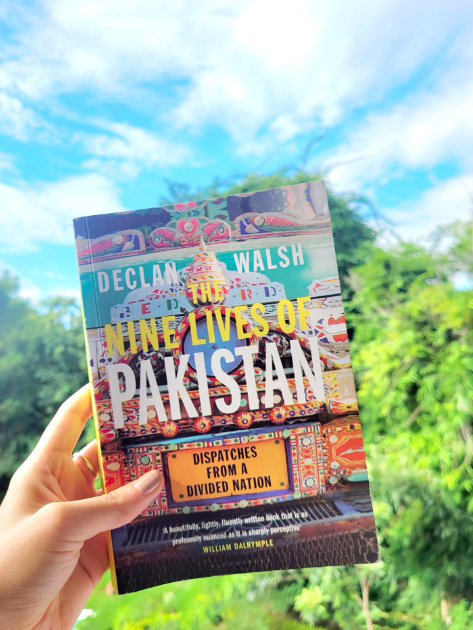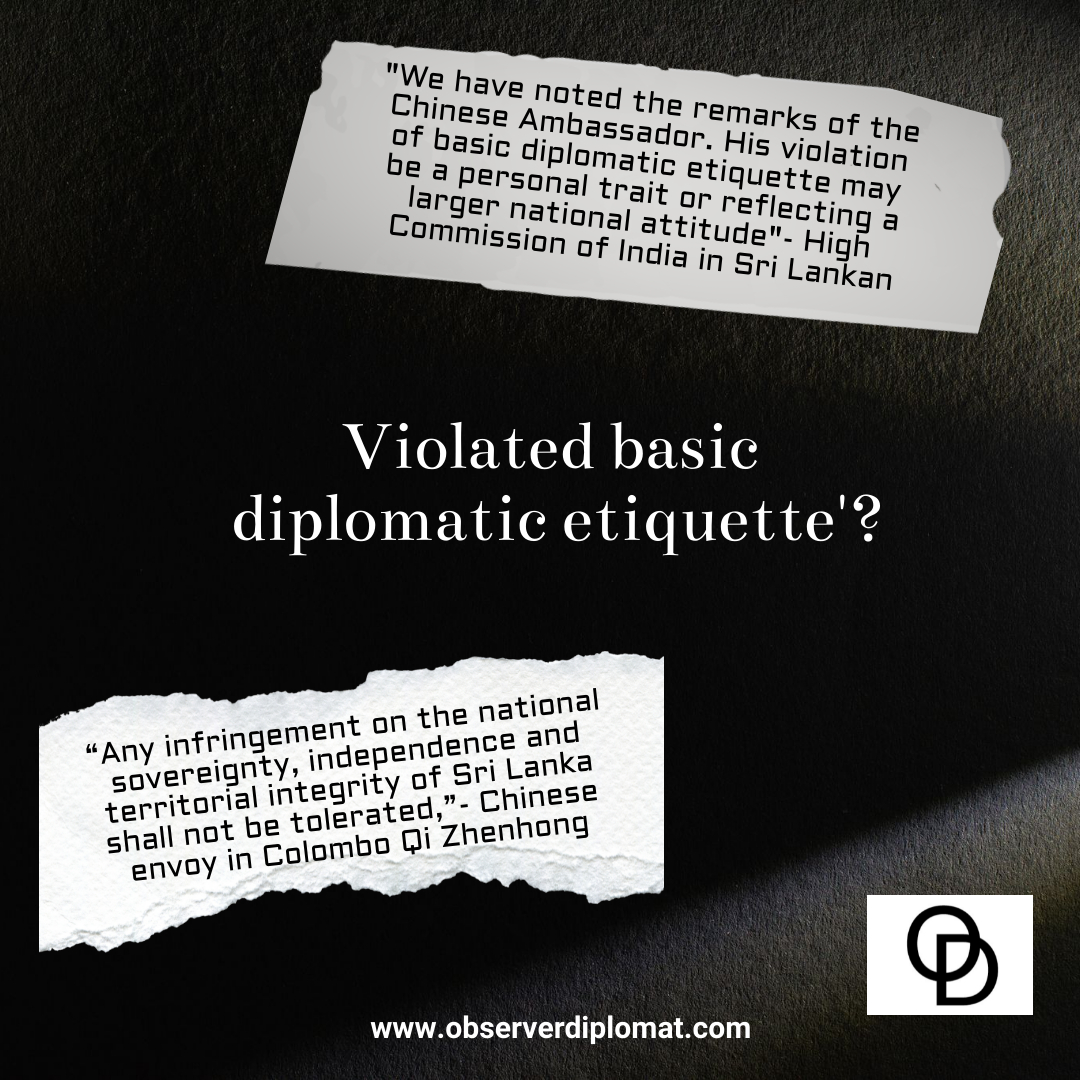Nine lives of Pakistan: Dispatches from a precarious state, is a formidable book that offers a brief description of the issues that arose to Pakistan after partition that seems to show the country still in a war with itself. The book won the Overseas Press Club of America Cornelius Ryan Award for best non-fiction book on international affairs in 2021.
Declan Walsh is an Irish author and journalist who left Pakistan exiled in May 2013, and is now Chief Africa correspondent for the New York Times. He arrived in 2004 to Pakistan and in with all 2007 number of dramatic events that happened such as Benazir Bhutto assassination, the start of Taliban insurgency and 4 years later the assassination of Osama bin Laden by US, led him to reflex about the country that he defines as complex, interesting, overwhelming, promising, flamboyant and utterly frustrating.
When he had to leave precipitously just before election in 2013 as he describes in his book “The angels came to spirit me away,” using the Urdu slang for the Inter-Services Intelligence (ISI), two questions came to him, one was solving the mystery of why he was kicked out from Pakistan and the second was how to transmit his experience into a general audience curious to know more about the country. He decided to write this book as an answer to his own questions, therefore he goes back through his 9 years as a correspondent in Pakistan, first for the Guardian and then for the New York Times.
He described the enduring truths of Pakistan, the relationship between religion to the state or between military and civilians or the tensions between Center and periphery; all issues that apparently came since the country formation in 1947 that help to understand the current situation of Pakistan. He then had to understand the ideals from which Pakistan was founded, therefore he realized the importance of coming back to the history of partition and the founder of Pakistan who he calls the “Great leader.”
Over a decade covering the country, his travels took him from the raucous port of Karachi to the gilded salons of Lahore to the lawless frontier of Waziristan, encountering Pakistanis whose lives offer a compelling portrait of this land of contradictions.
He tries to explain and resolve some of the fundamental contradictions in the Pakistani society and look at the complexities as initial points of inquiry. He realized there were enduring issues and that Pakistan still tries to live upon its foundation ideals.
The “nine lives” were previously subjects of Walsh’s reporting in Pakistan. The two exceptions are an intelligence source he tracks down to try to understand his expulsion, and the country’s founder, Muhammad Ali Jinnah.
“Above all, Pakistanis are survivors. Yet a country, like a person, may only have nine lives. Rather than fate to overtake them, some of the people I met in the Insha’Allah nation took matters into their own hands…”
















